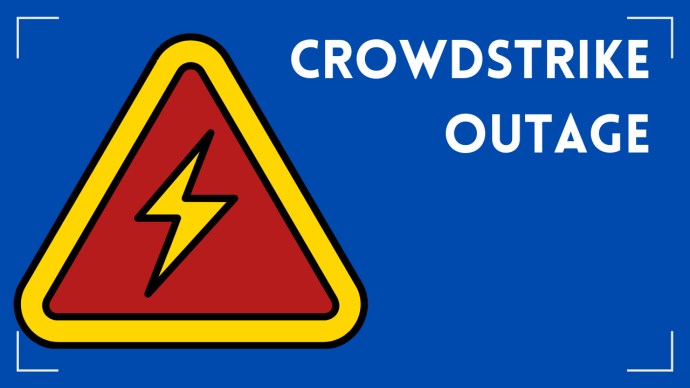Once upon a time, to keep your small business running smoothly, you only needed one dedicated IT guy to make sure everyone’s desktop functioned properly, update software regularly and manage security for all of those machines. Today, even in small businesses, IT professionals could find themselves managing not only desktops but also laptops, smartphones and tablets. They have to ensure that all devices are secure and have the proper software. They also have to ensure that the company’s data is not being misappropriated by employees who use personal devices for work. This could overwhelm even a team of IT professionals. The popular alternative is to outsource at least some of those responsibilities to a managed services provider (MSP).
An MSP is a company that provides IT services such as backup and recovery of data, alerts, patch management and security. There are thousands of them. Some are good. Some are great. So, how can you know whether or not it’s a good idea to hire an MSP to assume some or all of your IT responsibilities?
The first thing you need to look at is your budget. If you already have an IT professional or team, can your company’s budget support hiring one more person? According to Salary.com, the median salary for an IT generalist in the US is about $51,000 a year. That’s a lot of money. And it doesn’t take into account the cost of training. If you want your IT professional to stay up to date with changing technology, he will have to take classes, attend seminars, etc. – all things that you, the employer, will have to pay for. Even if hiring an MSP would also cost $51,000 a year, you wouldn’t have to pay for any additional training. The owner of the MSP is responsible for that.
Now, examine your company’s needs. If you don’t have an IT professional on staff, then you probably should invest in an MSP. If you have an IT team – even if it’s a team of one – ask them what they need. If they seem to be overwhelmed, then you might need to hire an MSP. But you don’t just want to hire the MSP with the “right price.” You have to take more than that into consideration.
What kind of services does the MSP offer? If you need an MSP that offers problem resolution as well as alerts, make sure the ones you’re considering provide that service.
Does the MSP service other businesses in your industry?
Does the MSP service businesses of the same size as yours?
What’s the MSP’s reputation? Testimonials are great, but references are better if you can get them.
What kind of training or certifications does the MSP’s team of IT professional have?
Once you’ve narrowed the field down to the ones that service your industry, your business’ size and have the best track records, you’re ready to start considering price. Just keep in mind that, for now, you might not even need an MSP. If you do and you have an existing IT team in place, make sure you keep the team involved in the decision making.



